Waterproofing membranes are essential components in construction, protecting buildings from water damage. They’re thin layers of material applied to surfaces to prevent water penetration, commonly used in roofs, basements, foundations, and bathrooms.
Benefits:
- Prevents Water Damage: Membranes create a barrier, keeping water out and protecting structures from leaks and moisture-related issues.
- Enhances Durability: By shielding against water infiltration, membranes extend the lifespan of buildings and structural components.
- Improves Energy Efficiency: Some membranes offer insulation properties, reducing energy consumption by regulating temperature.
- Versatility: Membranes can be applied to various surfaces, including concrete, metal, wood, and masonry.
- Easy Installation: Depending on the type, membranes can be rolled, sprayed, or applied in liquid form, making installation relatively quick and straightforward.
Applications:
- Roofs: Membranes provide critical waterproofing for flat and low-slope roofs, protecting underlying structures.
- Basements: To avoid mold, mildew, and structural damage, preventing water ingress is crucial for basement waterproofing.
- Foundations: Applied to exterior foundation walls, membranes prevent water from seeping into basements or crawl spaces.
- Wet Areas: Bathrooms, kitchens, and other wet areas benefit from waterproofing to prevent water damage and mould growth.
In summary, waterproofing membranes are essential for maintaining the integrity and longevity of buildings by protecting them from water damage, and they offer a range of benefits including durability, energy efficiency, and versatility in application.
At DCM we work based on the category of products. If you are interested in any category and would like to discuss ordering, please contact DCM experts. We have capable specialists who can calculate the scale of your project and estimate your requirements to provide you with premium tailor-made solutions at competitive prices.

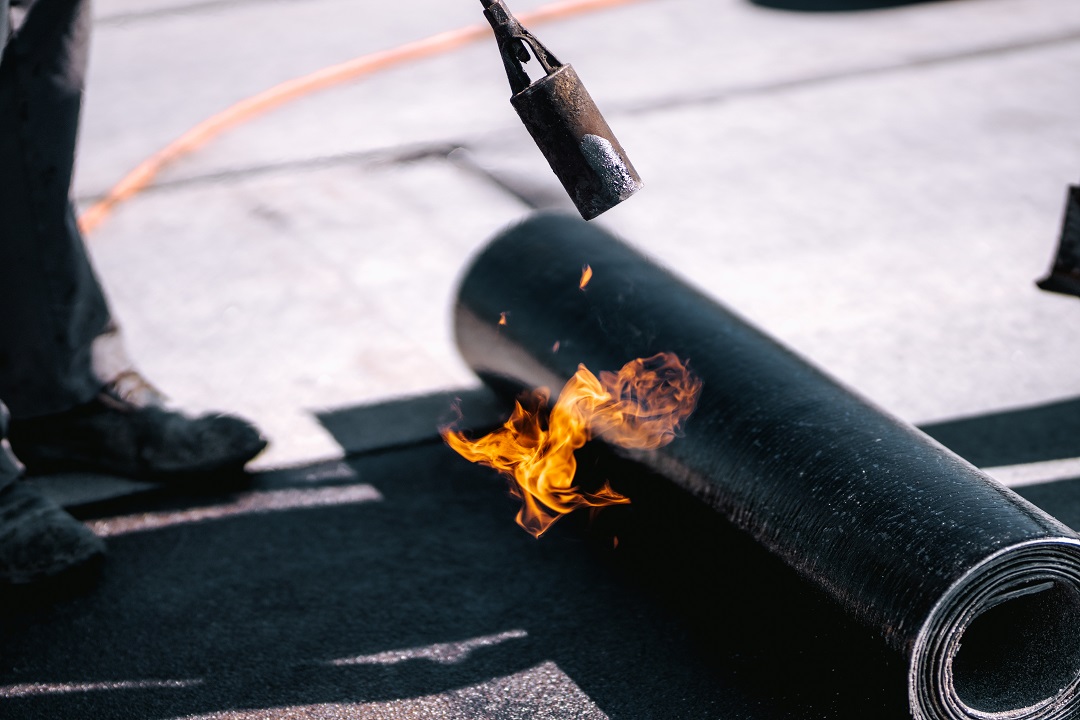
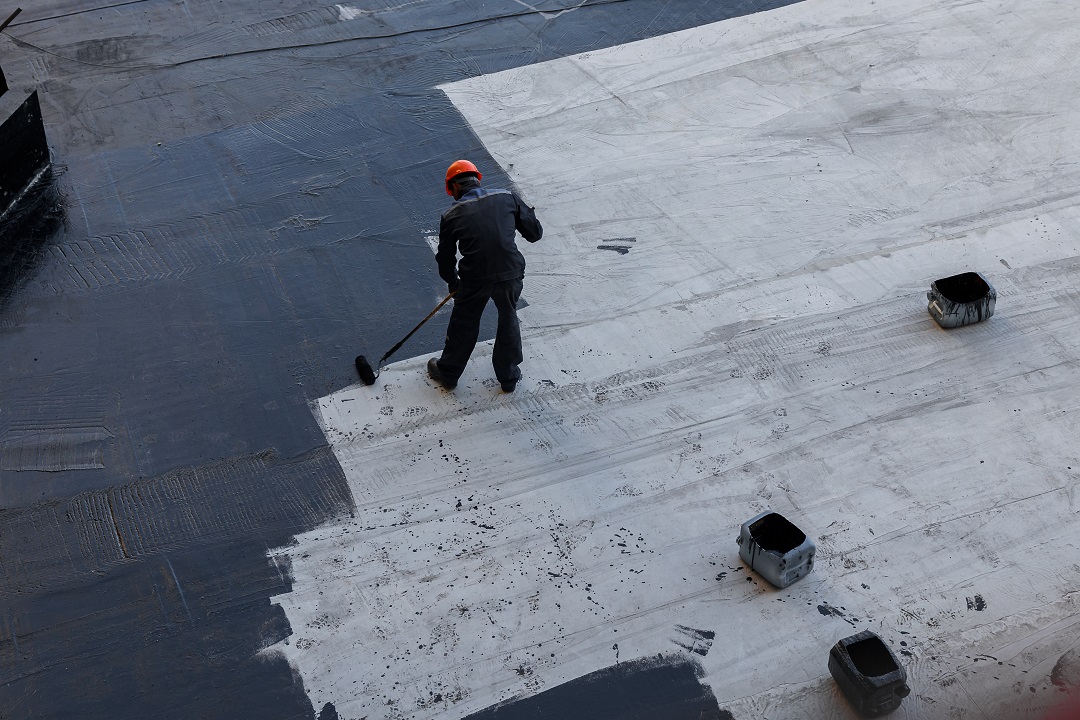


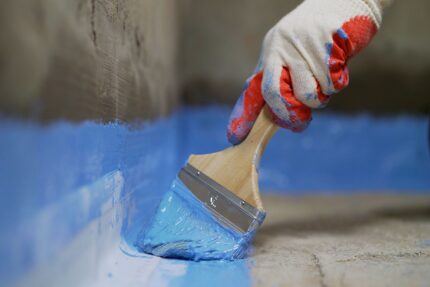
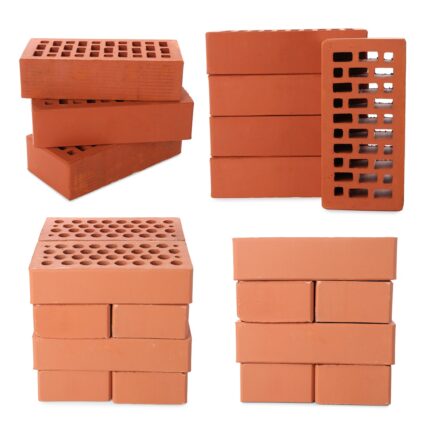


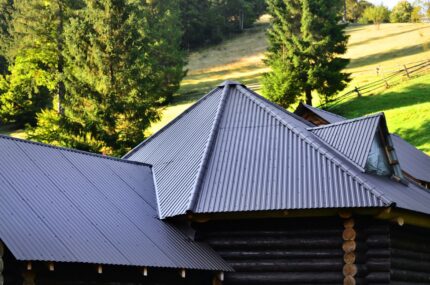

Reviews
There are no reviews yet.